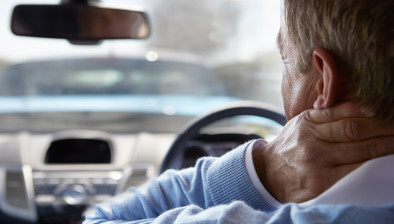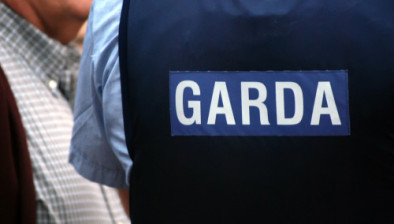Private member’s bill would criminalise recording of accident victims

Recording and sharing images of victims of road traffic accidents would become a criminal offence under a private member’s bill proposed in the Dáil.
The Protection of Accident Victims from Non-Consensual Recording of Images Bill 2022, introduced by Labour’s Duncan Smith, provides for fines of up to €5,000 and imprisonment of up to 12 months for those who take part in the “ghoulish and morbid practice”.
“Nobody should ever see the victim of a traffic accident in shock or a minor or serious injury or death on a WhatsApp message, TikTok, Instagram, Facebook or anything else,” Mr Smith told TDs last week.
He added that the bill includes exemptions, including for dashcams and those providing emergency first aid, as well as “a public interest defence and some common sense provisions to protect people”.
Speaking in the debate, James Lawless, chairperson of the Oireachtas justice committee, said it is “difficult to get legislation right in this space because there is so much conflicting and overlapping legislation in terms of allowing the consequential recording and capturing of images and the expectation of privacy in a public place, which does not really exist”.
He added: “My knowledge of the royal family is not 100 per cent, but a young royal couple who married some years ago were on honeymoon when a photographer with a zoom lens took a photograph while the woman was sunbathing on a balcony.
“Ultimately, the question of law said if she was visible from the road she could not have an expectation of privacy. That seems very intrusive and unfair, but that is often the law in these cases.”
Mr Lawless appeared to be referring to a legal row in France — which has notoriously strict privacy laws — over photographs of Kate Middleton which were taken in 2012. The photographers and publishers were in fact convicted of invasion of privacy in 2017 and forced to pay fines and damages.
Thomas Byrne, minister of state at the Department of Tourism, Culture, Arts, Gaeltacht, Sport and Media, said he had received legal advice suggesting the bill “as currently drafted risks discouraging what might be called well-intentioned recording, while potentially providing quite wide gaps for the unscrupulous”.
However, he added: “A huge amount of work has gone into the bill. It is a good bill. There are good intentions behind it.
“The government is not opposing it and I hope it can go to committee stage, where the issues we have raised in the best of faith can be addressed and the bill can be improved to achieve the aims with which we all agree.”









